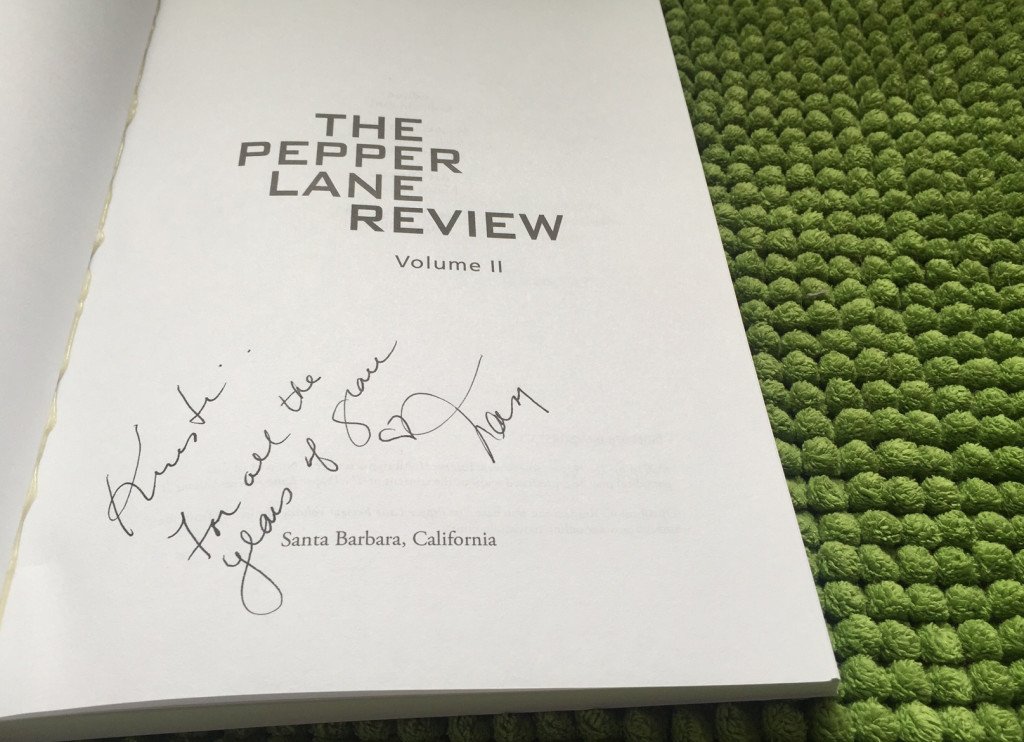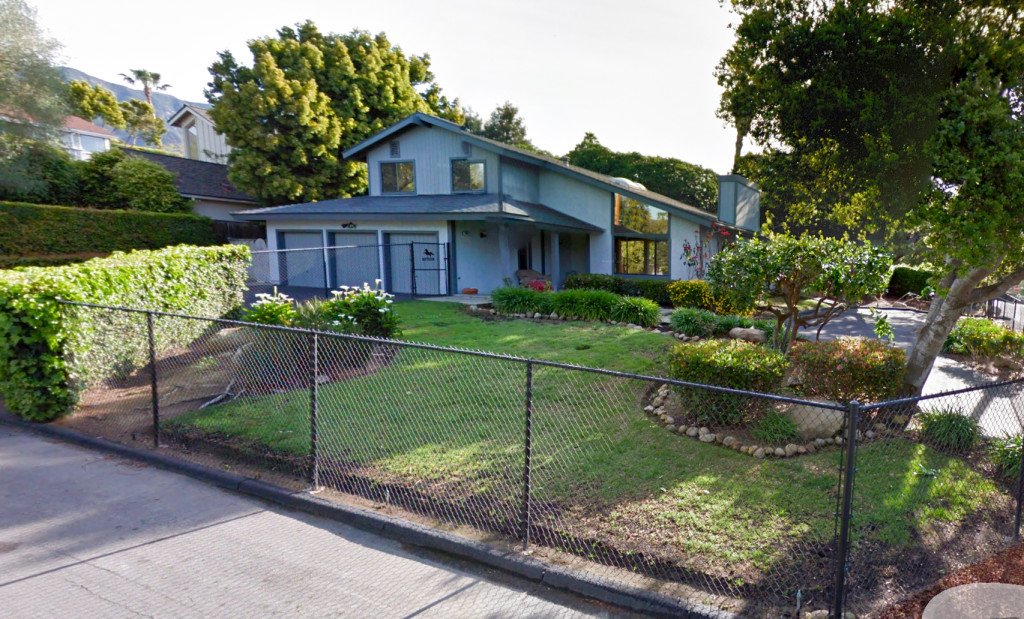I wasn’t going to stop by, but on my way out of town I just sort of ended up there.
I knew that if there was a Volvo backed into her long driveway, then she would be home. She’s owned one kind of Volvo or another for at least 30 years, probably more.
I parked my car where her son used to park his truck once we were old enough to drive—on the not-a-through street below my bedroom window. I got out and walked past the driveway that belonged to my family for 27 years, my heart squeezing as I caught sight of a familiar welcome sign hanging on the gate. My dad must have left it there for the new owners. Of course he did.
I crossed the street to her house, noting the Volvo and the way my feet instinctively knew how to navigate the worn, uneven concrete path leading around the tiny, turn-of-the-19th-century cottage.
I knew better than to knock on the front door and instead kept walking to the side door, the one I was sure would be open. I poked my head in and called her name. No answer, save the black cat that wandered out to make eyes at me. She’s owned one kind of black cat or another for at least 30 years, probably more.
I made my way around to the backyard and headed up the staircase on the side of the detached garage.
Please be here. Please, please be here.
I’d never actually been up to the office above the garage. It was built after I stopped coming around as much. From the top of the stairs I could see the ocean stretched out across the west and Montecito Peak looming large in the east. Below me, my dad’s property sat smaller than I remembered, framed from this vista by a bigger story.
When I saw her sitting at a desk through the windowed door, I exhaled.
“Oh, this is just the greatest surprise!” she said, arms wide open. “Do you have time to sit down?”
Of course I had time. It’s why I had come.
I needed to know that I belonged, that I could still return to the place that most shaped me, and that someone would be waiting for me when I did; someone who could point in any direction across that pin on the map and say, “Look, there you are, and, yes, this is you here, and I remember you over there too.”
Nancy saw it all. She watched our wide-eyed family spill out of an Iowa station wagon singing “California, here we come…” and looked on as we became immigrant dreamers. She taught me how to peel an artichoke, gave me my first job (feeding her cats), and stood me on her steps in front of a camera every first day of school. When I struggled with perfectionism, loneliness, and my parents’ divorce, she encouraged me to take refuge in words and waves, knowing Jesus would show himself in the splendor of both.
The night police lights burned hot in our driveway, she wrung her hands and said her prayers as I fled my father’s angry mistake. She didn’t think I’d ever return, the uncharted waters of forgiveness too white capped for a teenager of my stature to ride safely to shore.
When I eventually did come back with his grand babies in tow, she raised her hands and marveled at how God had collected the girl within this lanky frame and made a way out and through and back again by His relentless grace.
Before sending me on my way down the stairs, Nancy called me a miracle and scrawled something in a book of poetry she’d published. I held it to my chest as I braved the walk to my car, past the fence that bordered my every beginning. Averting my eyes from the welcome sign and the three-car garage strewn with things no longer ours, I opened the book and found what I needed to see.
All the years of grace. Some bright and some broken. All of them purposed for my good and His glory.
Where I’m from, He withheld no good thing.
I’m from walking distance to a sandy beach,
sun on my skin and the wide possibility
of the Pacific Coast Highway,
where, like my Sicilian grandfather,
I would one day leave the country of my youth,
an immigrant dreamer with my small suitcase of faith,
and step forward into the life of who I would become.
{Excerpted from the poem, Where I’m From by Nancy Lee, The Pepper Lane Review Volume 2}



